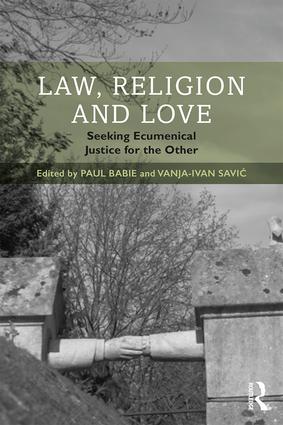
In contemporary society there are several issues making for a divisive atmosphere in regard to religion. The decreasing level of spirituality in the West it can be argued has created a wide divide between the 'faithful' and groups such as agnostics, atheists and those of mixed spirituality. In addition throughout the world where strong connections to religion remain a central part of nation’s identities, these connections can and often are misused in the secular public sphere In such a divided world, both secular and non-secular 'forces' tend to lock themselves into positions of 'pure truth' and in so doing, increase the level of disagreement, ultimately producing radicalisation. The question emerges, then: how best to accommodate the democratic principle which posits that the majority should feel that it lives in a society of its own with the human rights principle, holding that is necessary to ensure the full protection of the minority’s rights? We are very familiar with the differences that appear between secular and sacred in the modern world; yet, what of the similarities amongst scriptures and laws which seek to encourage mutual understanding, cooperation and even cohabitation? Because religion itself is a source of law, a set of exhortations or commands as much as a set of rights, every major religion offers an approach to encountering 'the Other' in a positive, constructive, affirming way; and it is here that religions reveal much that they have in common.
This book draws together the work of scholars engaged in exploring the possibilities for a 'utopian' world in the sense fostered by St Thomas More. The essays explore those dimensions of religious and civil law where ‘love’—however that is defined by relevant texts—fosters and encourages acceptance of 'the Other' and will offer perspectives on the ways in which religious or civil/state law command one to act in the spirit of 'love'. The first part of the book considers religious perspectives on love for the other and how those perspectives speak to a contemporary global world. The major monotheistic perspectives are included here, as well as general chapters on the place of religion in considering love generally. The second part explores religious perspectives on love from a legal perspective, taking a broad view of 'law' and 'legal' as it operates at both the public and private levels, as well as in its relationship to the state and politics generally. Finally, the third part of the book will contain three chapters that attempt a synthesis of law and religion.